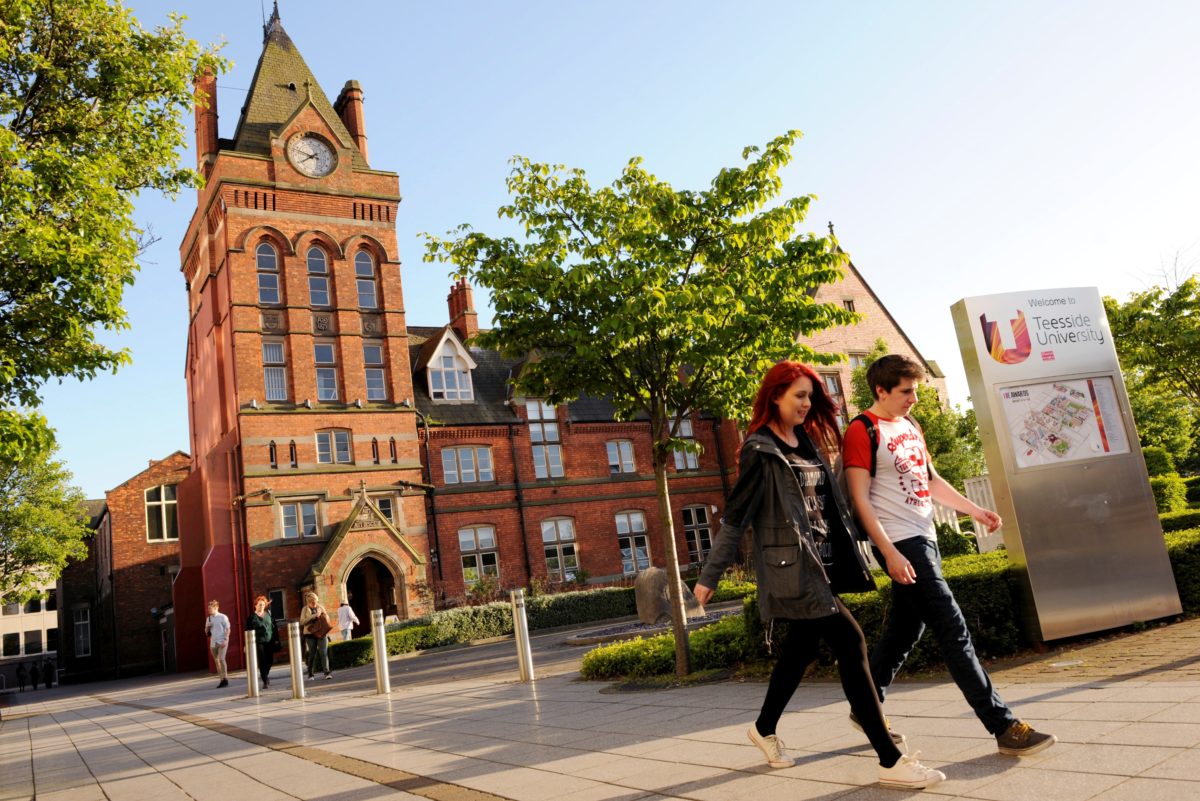On Wednesday 22 May, current Prime Minister Rishi Sunak announced a general election to take place on Thursday 4 July. This gives the general public chance to choose who will lead the country for the next few years. If you’re looking for an article telling you who to vote for then you’re best off looking elsewhere. This article is politically neutral and instead looks at why it’s so important that you register to vote and get your voice heard.
Why you should register to vote.
Registering to vote doesn’t mean you’ve made up your mind on who to vote for. It also doesn’t mean you have to vote; you can still choose not to on polling day. But you do need to be registered if you choose to vote. Even if you don’t think you will vote, you might change your mind as election day gets closer. Registering to vote is easy, I did it last night and it took me 5 minutes, and as a student, you can register to vote at either your home address or your uni address. It’s a criminal offence to vote in more than one location, so definitely don’t do that! If you know you aren’t going to be in the country on election day, or you’re not sure where you might be we would recommend registering for a postal vote, allowing you to send your vote in earlier without missing out.
Basically, you should make sure you register to vote because it’s the only way you can guarantee your voice is heard. If you decide not to vote later then you don’t have to, but if you decide you want to vote but you’re not registered then you can’t. Head to the government website to register. You’ll also be asked for your National Insurance number (but you can still register if you do not have one).
Here are some key dates for you:
| Deadline for registering to vote | 11.59pm, Tuesday 18 June |
| Deadline for applying for a postal vote | 5.00pm, Wednesday 19 June |
| Deadline for applying for a Voter Authority Certificate (Voter ID if needed) | 5.00pm, Wednesday 26 June |
| Polling Day | 7.00am – 10.00pm, Thursday 4 July |
Get your voice heard
Elections are your chance to get your voice heard and stand up for what you believe in. You don’t have to share who you voted for if you don’t want to, so don’t feel pressured to do so. It’s important to look at the manifestos of each candidate in your area and see what they stand for. If it doesn’t appeal to you then simply don’t vote for them. It’s also worth remembering that your local MP doesn’t just represent their party, they also have to represent you, so make sure you’re actually looking at what they’re going to do for the local area too. If you don’t vote, then you can’t really complain when things don’t go your way because you chose not to vote.
What to do on 4 July 2024
On election day you’ll need to take ID with you to vote, this can be a driving license, passport or anything from this list: gov.uk/how-to-vote/photo-id-youll-need
Find out where your local polling station is in advance and give yourself plenty of time before polls close to head along.
So, in conclusion get yourself registered to vote and look at the manifestos of the candidates in your local area, allowing you to make an informed decision on who runs our country from 5 July.




